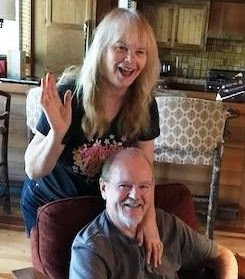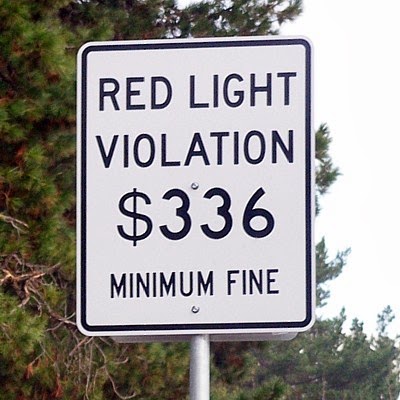I am getting tired of unpleasant surprises in my life. We
all get them, those telephone calls that inform us that something went wrong at
work, someone is melting down emotionally, a loved one is admitted to the
hospital, etc. Some days you don’t want to answer the phone or check your
electronic devices.
I have to constantly remind myself that the way I deal with
these life issues is a good measure of my level of emotional and spiritual
maturity. And I must admit that some days I have the maturity level of a
pre-school child. I want to cover myself with a blanket and pretend that the
rest of the world doesn’t exist. Then I remember that I’m getting senior
citizen discounts at the local hardware store and I own a business, and I am on
staff at my church.
Does dealing with these issues get easier the older we
get? Perhaps yes, and perhaps no.
We do build up some confidence as we face stuff and have a
successful outcome – or least learn that we can handle the pain. Part of our
success is realizing that we do not have to do all of it alone. God is with us
and so are others if we build relationships and let them get close to us.
Where it doesn’t get easier is where the loss is unique or
carries more significance. It isn’t easier to lose a parent just because you
have already lost one. It may be harder. And it may be harder to lose a job at
50 years old than it was at 25. It also may be more difficult when a chronic
problem that you thought was finally solved reappears.
And for me what is worst is when multiple situations pile up
one on top of another, like having two family members in the hospital at the same time
(been there, done that) or your finances are in trouble and the car breaks down. And
then you catch the flu.
What I find most helpful is learning to quiet my anxious
inner voice. I do this by allowing myself a few minutes to pray and collect my
strength. In a crises situation this might be taking place while I am in
motion, driving somewhere to meet the situation. Sometimes the only time I can do this is after the fact while in “decompression mode”.
If you are like me you prefer pleasure over pain and easy
over difficult (other than an interesting challenge once in a while). But life
isn’t always like that and perhaps my first step toward maturity is accepting
reality (breaking denial). Sometimes I have to tell myself: “Yes, David, you really do have to deal with
this.”
It is my confidence in God, more than my confidence in
myself that gives me the most strength. It is not my nature to trust, but when
I finally realize my powerlessness, it is in trusting that I find my only hope.



